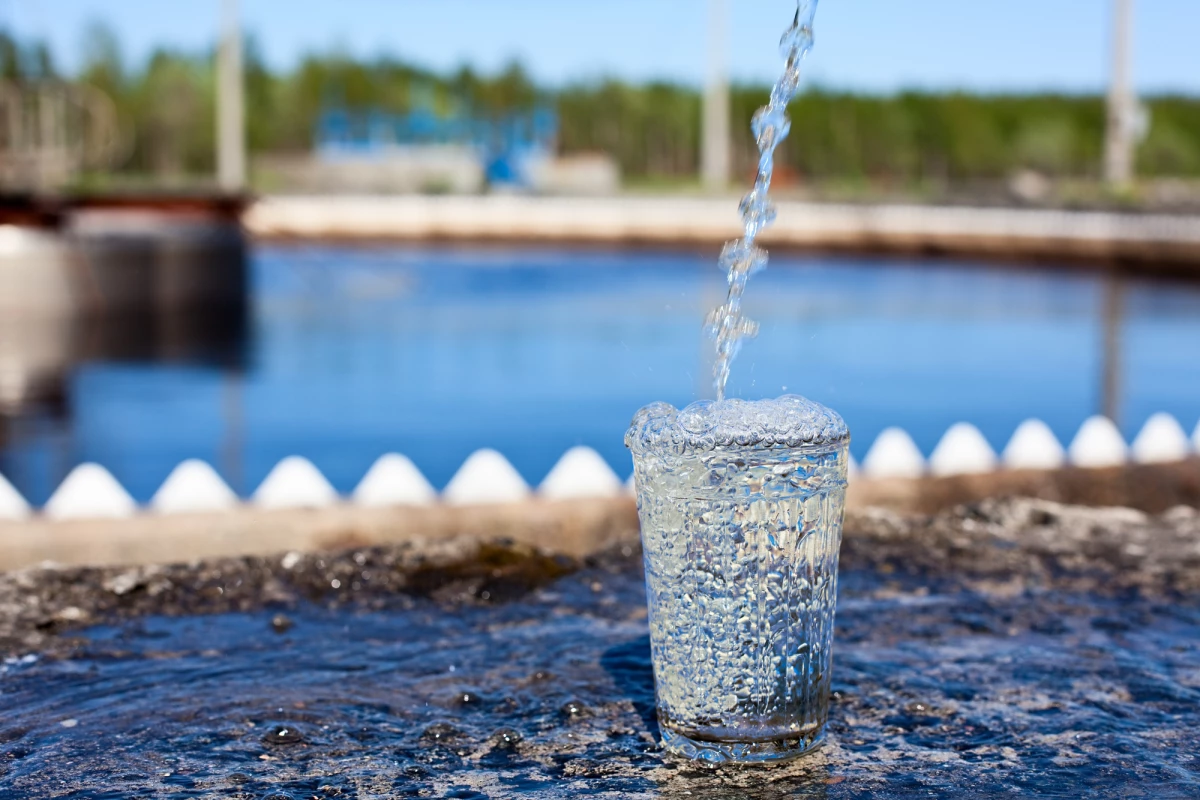As if Matt Damon’s character in The Martian didn’t have enough to worry about already, his Red Planet potatoes could be contaminated with perchlorates. But new research led by the University of California Riverside has identified a relatively simple catalyst that can remove these chemicals, helping reduce water and soil pollution here on Earth too.
Made up of one chlorine atom and four oxygen atoms, perchlorates are powerful oxidizers that are most commonly used in rocket fuel, fireworks and flares. They're also produced as a by-product from cleaning chemicals and weed killers, and as such often end up as a contaminant in soil and water. In high amounts perchlorates have been linked to thyroid problems, and other potential health effects.
But the perchlorate problem doesn’t just exist on Earth – they've been found to be naturally abundant in the soils of Mars, which could make it tough for future settlers to grow their own food. Currently, the pollutants can be removed through several processes, but they’re usually difficult and costly. And that’s without getting them to Mars first.
For the new study, the UC Riverside researchers found an easier way to reduce perchlorate in water, in one step and without requiring high temperatures or pressures. The catalyst for the process is made up of three fairly common ingredients: a fertilizer known as sodium molybdate, an organic ligand called bipyridine, and palladium. With the help of some hydrogen gas, the three ingredients work together to break down the perchlorate quickly and almost completely.
“This catalyst is much more active than any other chemical catalyst reported to date and reduces more than 99.99 percent of the perchlorate into chloride regardless of the initial perchlorate concentration,” says Changxu Ren, an author of the study.
The team says that the new catalyst works well across a wide range of possible concentrations of the pollutant – from less than 1 milligram per liter, right up to 10 g per liter. That means it could be useful for treating contaminated water here on Earth, or one day helping the first Martians grow safe food and even produce oxygen.
“A convenient catalytic reduction system may help harvest oxygen gas from perchlorate washed from the Martian soil when the catalyst is coupled with other processes,” says Jinyong Liu, an author of the study.
The research was published in the Journal of the American Chemical Society.
Source: UC Riverside




